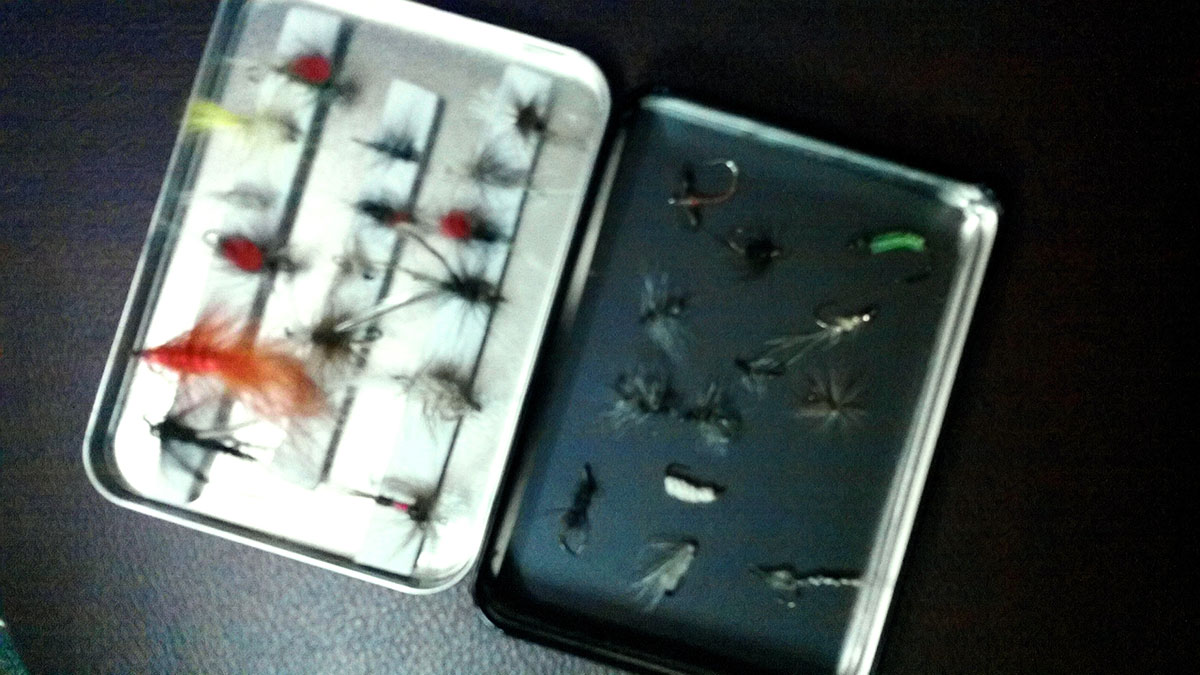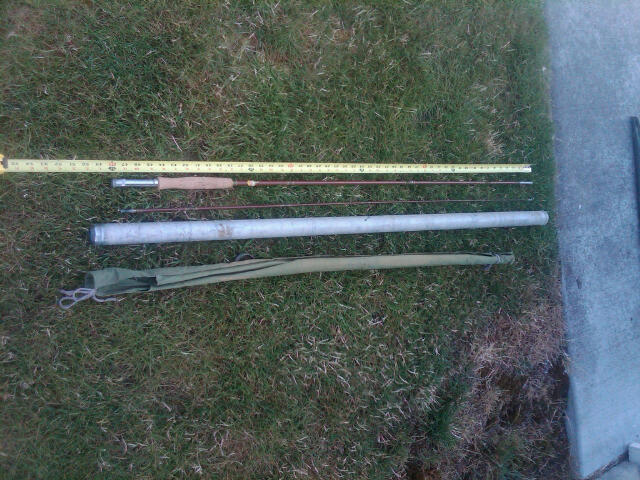Infield Fly Non Call
Question
Here is the set up:
I am coaching first base.
Runners on 1st and 2nd with one out.
The ball is popped up ten feet in front of home plate.
The ball goes about thirty feet almost straight up.
There is NO call from the umpire.
The runners go back to their bases.
The catcher drops the ball in fair territory.
The umpire calls "fair ball".
The runner on second runs to third. The runner on first breaks for second. (Both had gone back to tag up)
The catcher throws the ball away at third and the lead runner scores.
The runner from first also comes around third but is thrown out at third.
The batter settles at second base.
The ball goes into the pitcher and time is called.
The defensive manager asks again for time and argues to the umpire that an infield fly should have been called.
(I agree it SHOULD have been called as it was a routine play). After conferring with the head league official in the stands the umpire declares that the batter was out on the infield fly and that the other out at stands so the inning is over.
He says that on an infield fly the runners can advance (after tagging) but at their own risk.
I argued that I had to send my runners when there was no infield fly called as when the catcher dropped the ball the umpire called 揊air ball?and that meant there was a force play at both third and at second.
The head umpire said I should have held my runners and argued that it was an 搃nfield fly?after the play was over.
That was the last inning and we ended up losing the game by three runs.
I think that IF the umpire changed the call to 搃nfield fly?afterwards the original base runners should at least be sent back to second and third.
They were 揻orced?to advance by the umpire calling fair ball and not calling the ifield fly rule until after the play was dead.
Answer
Mark,
Okay, here's what I would have done in this situation.
First and foremost, an infield fly is in the judgement of the umpires on the game. That means if I felt, as an umpire, that it wasn't an infield fly, then I wouldn't call it. If the umpire missed the infield fly, then you did the right this by sending your runners after the ball dropped.
Now, after conversing with my partners(never from an outside spectator), I would not change my call, I'd leave everything the way it is, and then kick myself after the game. However, in this situation, the infield fly is the second out, I would have one run score(the runner from 2nd), and the third out would be at third(the runner from 1st).
However, I would have protested the game, based on the misinterpretation of the infield fly rule, and the fact that it was called late. You could of had a strong argument. Since it sounds like this play had an impact on the game, it would of been within your guidelines as a manager to protest.
I hope this has helped you. Should you have any other questions, please feel free to write.
-Martin Hoover
speed of a curveball
3rd strike swinging - catcher drops the ball


